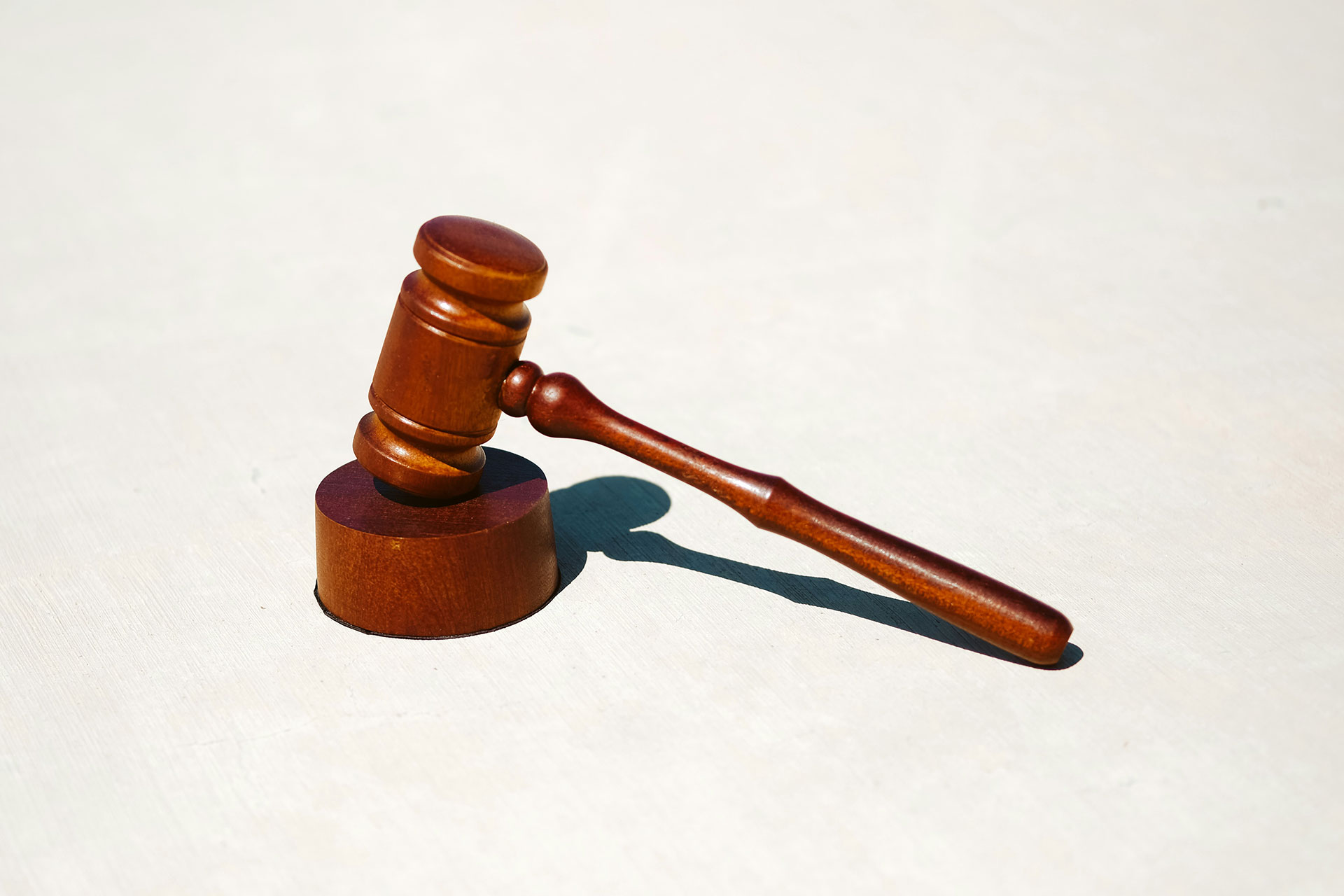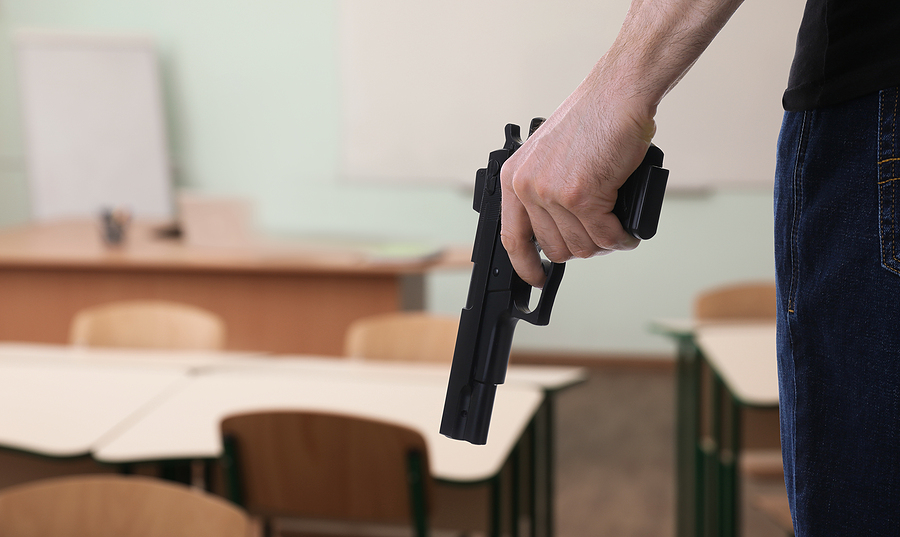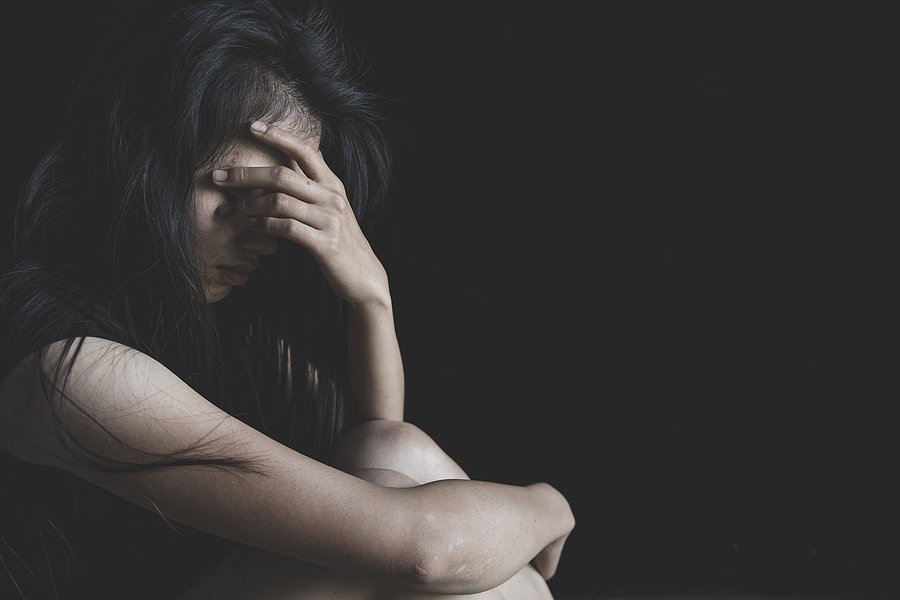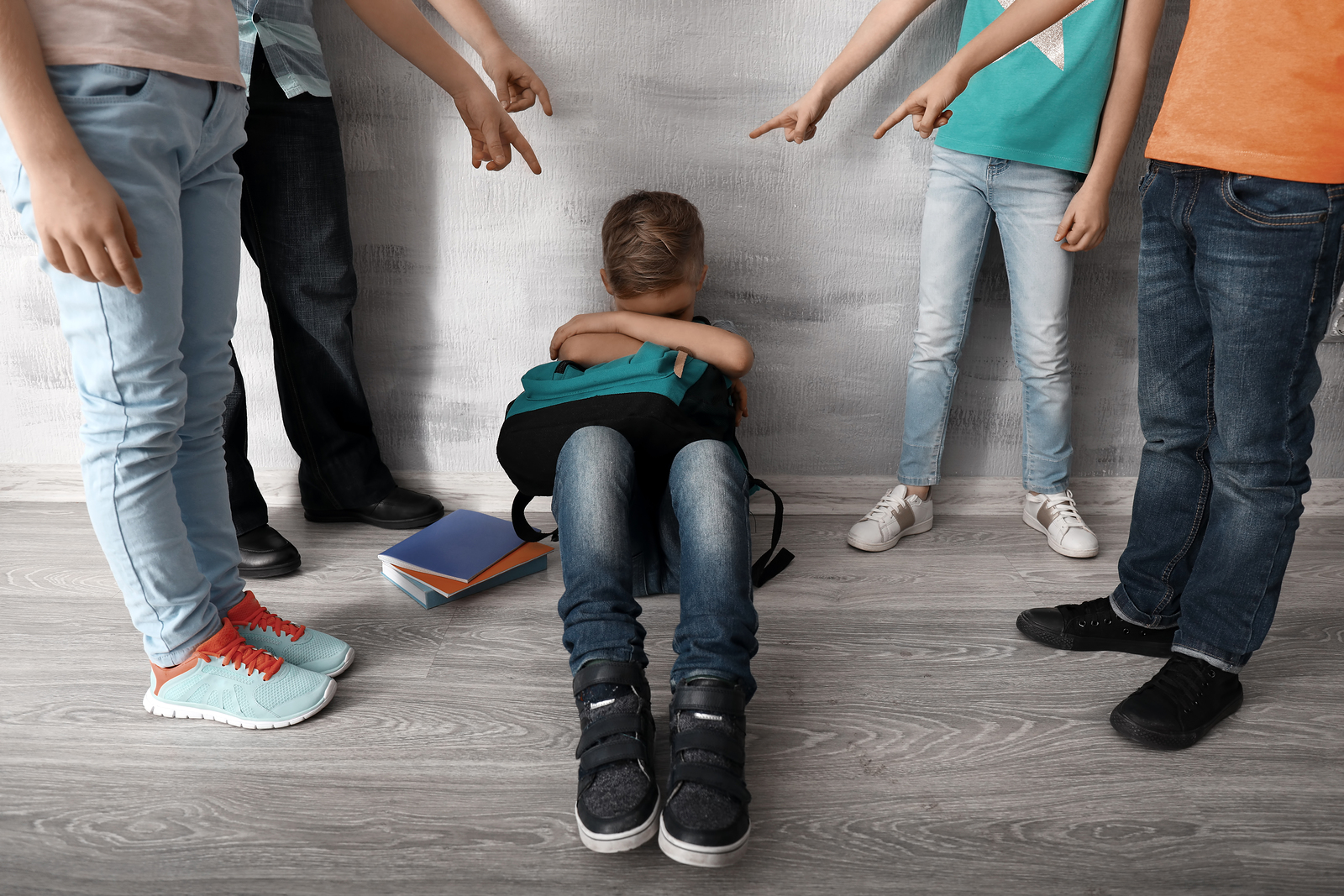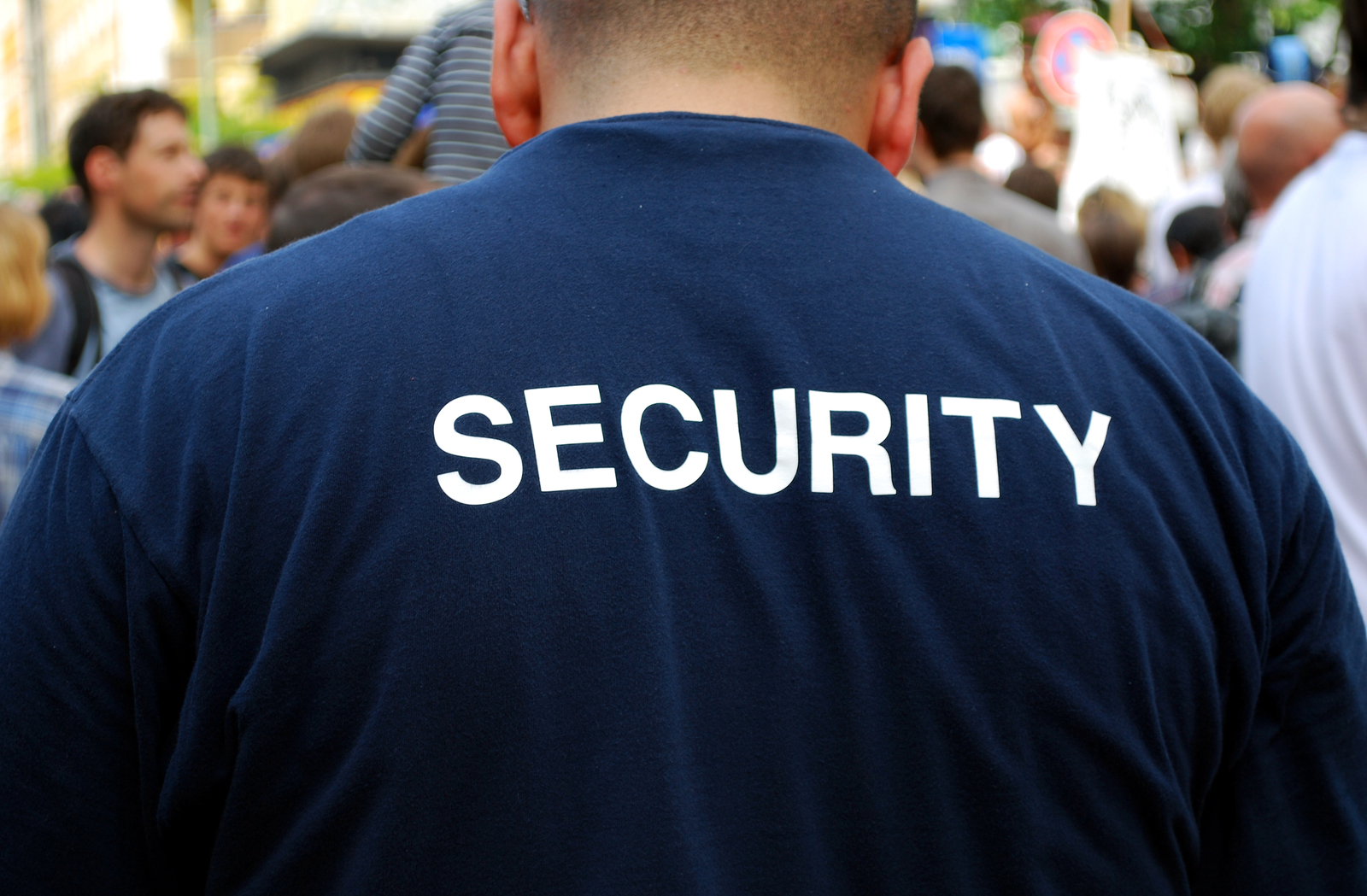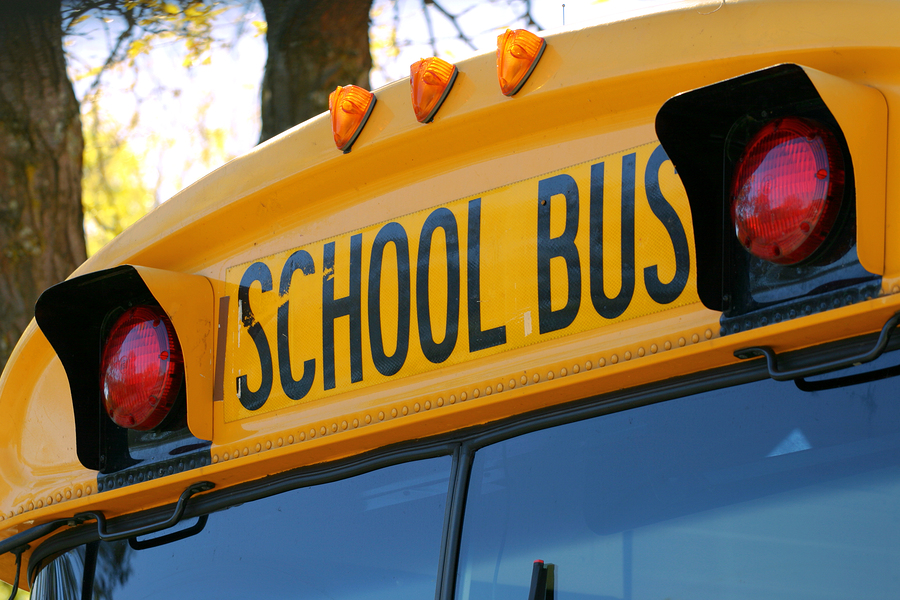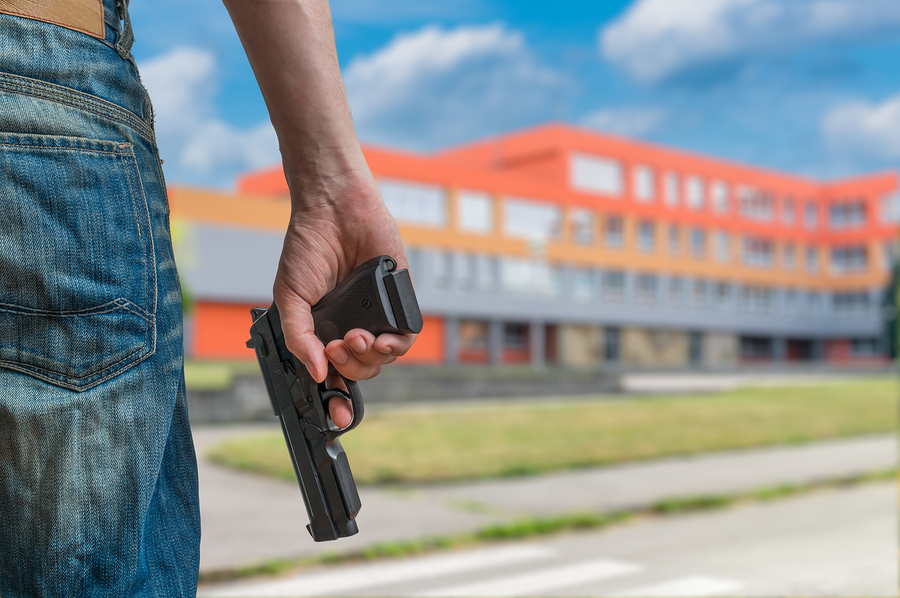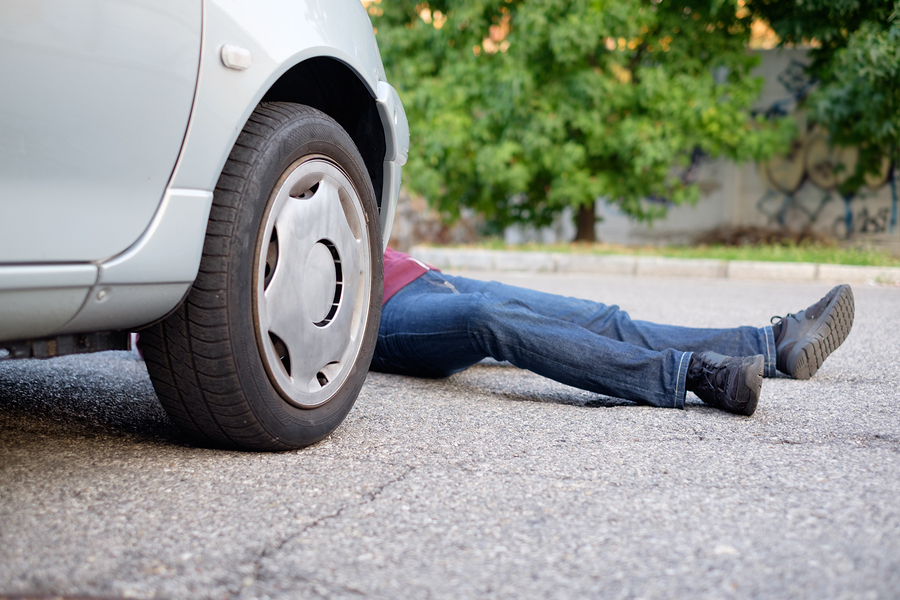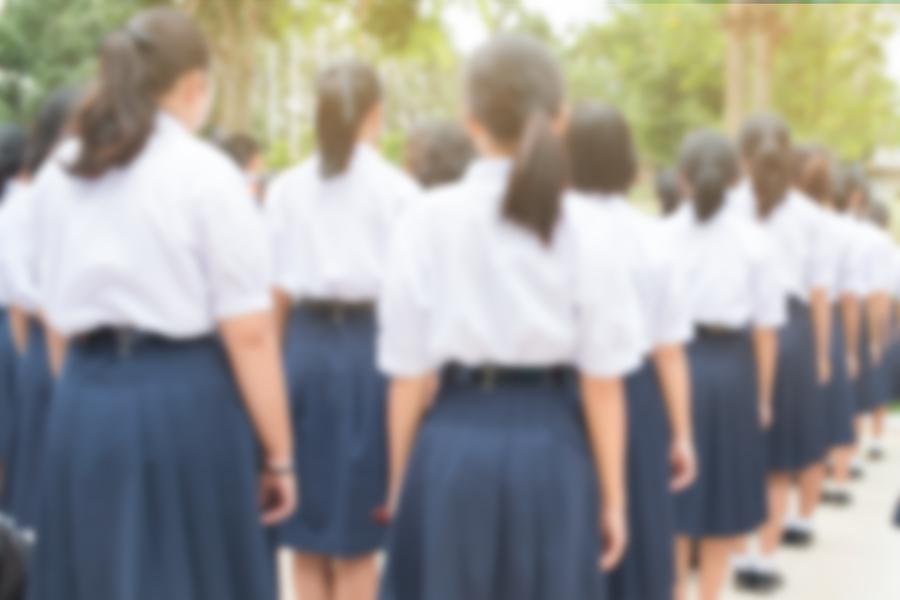Duty and Standard of Care for Prevention of School Shootings
Schools have a duty to protect students, faculty, and staff from harm arising from acts of violence, such as school shootings, when the harm is reasonably foreseeable. However, schools are not built like fortresses, nor should they be. It is not the latest security technology, metal detectors, or an indoor...



